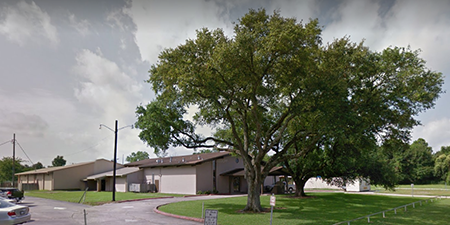Roc is the distaff, but what is Roc Day?
Roc Day is the gathering of spinners that occurs the day following Epiphany.
The legend has it that after fortnight, women, who had put up their wheels and looms for the holiday baking and chores, returned to weaving and spinning, but the men wouldn’t return to their farm duties until the following Monday. In between this time, the men would harass the women (figures, nothing has changed), so the women wouldn’t get much done, but merrymaking resulted.
And...some great sayings have derived from this term:
"To have tow on one's roc" or to have business to attend to.
Roc (or rock) is another of those Viking-derived words for the distaff.
Rokkr in Old Norse.
Rocko in Old High German.
Other languages have similar terms for the distaff.
Rocca in Italian.
Rocken in German.
Rok, rokken in Dutch.
Rock in Swedish.
Rok in Danish.
Rokkr in Icelandic.
Other words have been derived from roc, most notably rocket, based on its shape.
This is not the Latin derived word for stone (from rocca) nor the Persian mythical bird of enormous strength.
Technically, then, Roc Day is January 7th, the day after Epiphany. However, we celebrate the Gulf Coast States Roc Day on the 1st Saturday after the New Year holiday.
Our “reason” is for the get-together is to spin, knit, or use some other portable fiber technique, but we visit, invite vendors so we can shop, show off our pieces, catch up on the year events, and have a leisurely lunch.
Come and spin with us, whether you spin or not!
